Speech-Language Useful Links
Any resources provided are not endorsed by Speech and Hearing BC. Please tell us about any broken links.
Parents/Caregivers/Guardians
If you are concerned about your child’s speech, language or hearing, complete one of these checklists:
The Speak, Read, Succeed Interactive Checklist is for children 0-6 years of age. This checklist was created through a joint partnership between Richmond Public Library, Speech and Hearing BC and Vancouver Coastal Health.
This Progress Checker is a checklist from the UK for children 0-17 years of age. Another resource is the Milestone Tracker from the US CDC. If you have concerns after completing the checklist, use our Find a Professional feature to find out more about services in BC.
Concerned about your child’s language development? Don’t delay. Hanen provides helpful information about when to be concerned and what you can do to help your child learn language.
HealthLinkBC provides information about more than 5000 topics:
Speech and Language Development
Speech and Language Disorders in Children
Speech-Language and Audiology Canada (SAC) has developed resources to inform Canadians of speech, language, and hearing disorders in children.
Communication Intermediary Database: For victims, witnesses and accused persons who have a disability that affects their communication and may require support communicating with police, legal and justice professionals.
Resources for Adults
HealthLinkBC provides information about more than 5000 topics.
Speech-Language and Audiology Canada (SAC) has developed resources to inform Canadians of speech, language, and hearing disorders in adults.
The Stuttering Foundation provides information about stuttering, fluency of speech, and where to receive help.
The American Speech-Language-Hearing Association (ASHA)’s website provides information about a wide variety of speech, language, and hearing issues relevant to adults.
People who are Deaf, Deaf-Blind, Hard-of-Hearing or Speech Impaired (DHHSI) and live in specific communities of B.C. can communicate with 9-1-1 operators using a special text service called Text with 9-1-1 (T9-1-1).
Communication Intermediary Database: For victims, witnesses and accused persons who have a disability that affects their communication and may require support communicating with police, legal and justice professionals.
